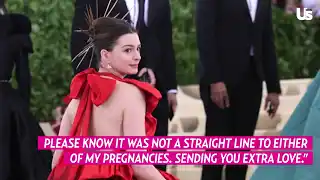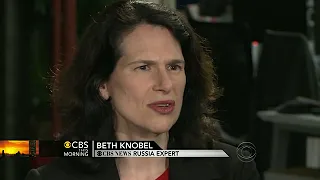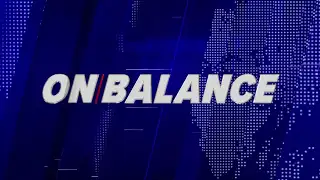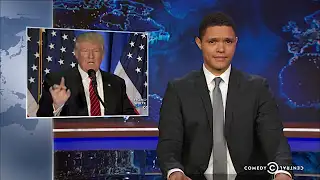Moscow, Russia: After the death of prominent Russian opposition leader Alexei Navalny on Friday, American television personality Tucker Carlson offered a stark condemnation of the Russian government. However, his comments come amidst ongoing controversy surrounding his recent visit to Moscow and interview with President Vladimir Putin.

Carlson’s Statement:
In a statement to the Daily Mail, Carlson declared Navalny’s death “horrifying” and “the whole thing is barbaric and awful.” He emphasized that “no decent person would defend it.” This seemingly strong stance against the Russian government stands in contrast to some of Carlson’s recent actions.
Lingering Controversy:
Carlson’s visit to Moscow and interview with Putin generated significant criticism. Many viewed it as legitimizing the Russian leader despite his record of human rights abuses and aggression against Ukraine.
Troubling Comments:
Just days before Navalny’s death, a clip emerged of Carlson stating at a summit that “every leader kills people… leadership requires killing people.” This statement sparked outrage for its apparent normalization of violence and disregard for human life.
Grocery Store Video:
Further controversy arose from a video Carlson posted while shopping in a Russian grocery store. He expressed astonishment at the low prices, claiming it “radicalized” him against American leaders. Critics argued this sentiment ignored the broader context of Russia’s economic and political challenges, while potentially fueling anti-government sentiment in the US.
Uncertainties and Implications:
It remains unclear whether Carlson maintains his current stance condemning the Russian government. His earlier statements and actions raise questions about the sincerity and consistency of his position. Additionally, the impact of his visit to Moscow and subsequent comments on the US-Russia relationship and the ongoing conflict in Ukraine is uncertain.
Further Developments:
As the situation evolves, it is crucial to critically analyze Carlson’s statements and actions within the broader context of Russia’s political climate, US-Russia relations, and the global fight for human rights.











Discussion about this post